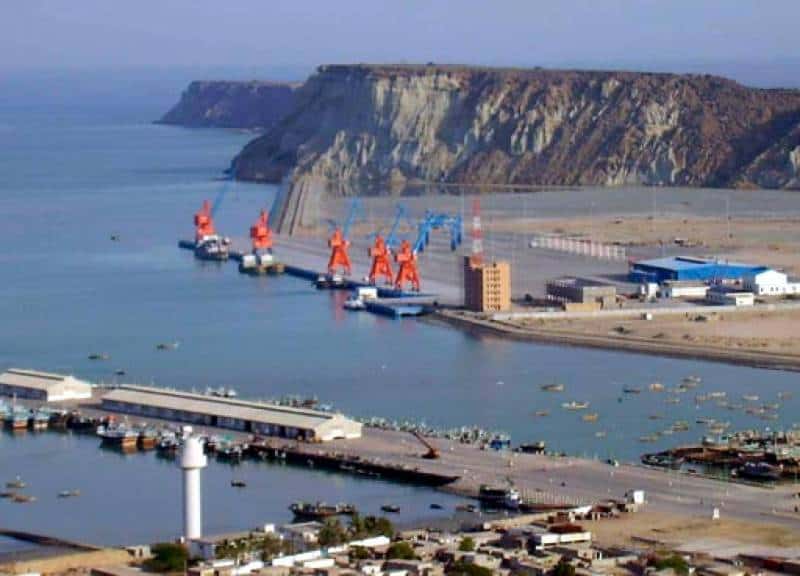WASHINGTON – The Trump administration has unearthed its resentment against the multi-billion dollar China-Pakistan Economic Corridor for the first time on the public front claiming that it passes through disputed territory.
Besides CPEC, US Defence Secretary James Mattis told the Senate Armed Services Committee that the Chinese One Belt One Road project was also controversial.
“The One Belt, One Road also goes through disputed territory, and I think that in itself shows the vulnerability of trying to establish that sort of a dictate,” he said.
The top US official seemed to be backtracking on the US policy towards Pak-China relations, as earlier Washingon stressed that it had nothing against the corridor.
Not only that, US Ambassador to Pakistan David Hale had categorically welcomed the economic growth expected as a result of CPEC.
“The United States welcomes the project and is supportive of any effort that brings about economic growth and development in Pakistan” the diplomat had said in July last year.
The latest opposition by the top US General is a harbinger of the fact that the Trump administration is trying to appease India and has decided to make the project controversial.
Moreover, during the briefing, Secretary Mattis expressed that the US opposed the One Belt, One Road policy in principle because, in a globalised world, there were many belts and many roads, and no one nation should put itself into a position of dictating One Belt, One Road.
“US opposed the one going through Pakistan also because it passed through a disputed territory” he claimed while indirectly referring to CPEC.
The US defence chief continued that common grounds should be found with China to thwart terrorism.
“As far as Afghanistan goes, as we try to separate out variables where, in some areas, we work with China, for example, terrorism — I think there are areas where we can work — find common ground with China when it comes to counterterrorism, and we should exercise those areas pretty fully,” he observed.
Mattis also opined that US should not budge under China’s pressure as it needed to be confronted on different areas.
“There are areas where, also, strategically, we need to confront China where we think it’s unproductive — the direction they’re going in.”
Secretary Mattis and Chairman Joint Chiefs of Staff Gen Joseph Dunford appeared before the Senate and House armed services panel earlier this week and the latest objection to the giant corridor seems to further worsen the already fraught relations between Islamabad and Washington.
The $56 billion CPEC passes through Pakistan’s northern areas, which India claims is part of the disputed Jammu and Kashmir territory and with the latest briefing, it seems the US is backing its Asian partner, already given a large share in Afghanistan, in line with Donald Trump’s August 21st strategy for South Asia.













